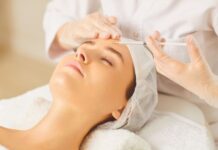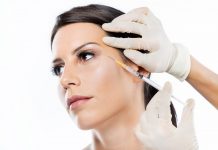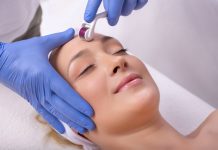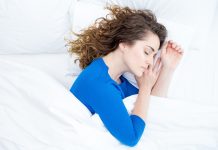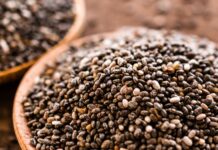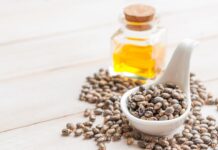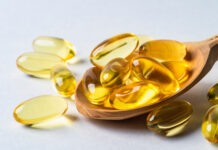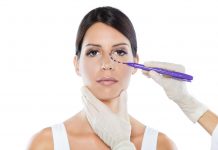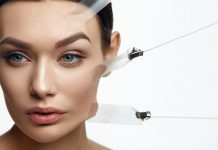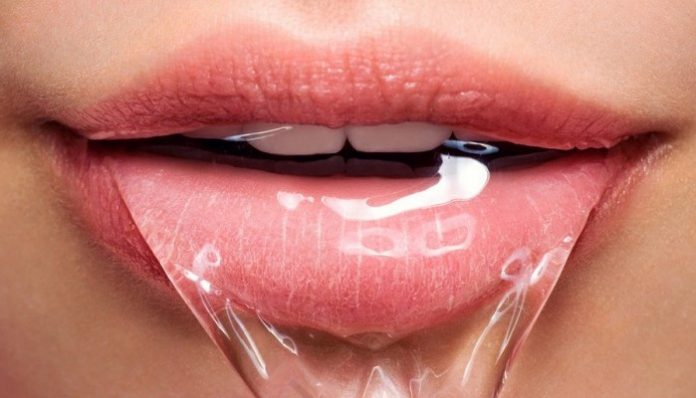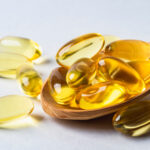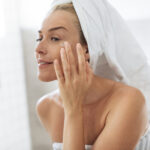Sialorrhea (also called salivation or excessive salivation) is a disorder characterized by hypersalivation. It is often the consequence of the mouth that remains open due to diseases of the central nervous system.
At rest, saliva accumulates in the posterior part of the throat, triggering the normal reflex of swallowing. It can be more frequent at rest or just after meals.
Excessive salivation Type
Hypersalivation can be:
- Primary Sialorrhea If it is the consequence of the hypersecretion of the salivary glands (less frequent);
- Secondary Sialorrhea If it is due to altered neuromuscular control. It is a malfunction of the voluntary motor activity of the oral cavity which leads to an excessive flow of saliva through the mouth.
- Emotional Sialorrhea If hypersalivation is due to States of anxiety or stress, for example before a test.
Patients swallow in a very inefficient and infrequent way. The problem is getting worse later.
Causes of excessive salivation or hypersalivation
- The bad posture due to the lack of control of the head and the reduction of the strength of the neck.
- A swollen tongue or poor motor control may aggravate a sialorrhea problem.
- Tooth decay and an infection in the mouth or throat can greatly increase salivation.
- A sudden start of Sialorrhea may indicate:
- Poisoning (especially by pesticides),
- A reaction to snake or insect venom.
- In some cases, hypersalivation is caused by an anesthetic that causes the mouth to lose sensitivity when you go to the dentist.
- An excess of capsaicin can cause salivation, for example if a hot pepper is used too much.
- Weak control of the muscles of the mouth.
- Difficulties to swallow (dysphagia).
- A reduction in the frequency of swallowing.
- A mental handicap.
- An occlusion or a structural problem of the mouth.
- Upper airway obstruction
- Medications (for high blood pressure, analgesics, anti-convulsants, anticholinesterase).
Treatment for Sialorrhea or excessive salivation
You Can Also Read : 5 Natural Home Remedies To Overcome Sadness
Homemade remedies for excessive salivation are:
- Have a large cup that can collect all the drooling flows (you can fill a cup in 5 minutes).
- Clean the cup every day: do not pour the contents into the kitchen sink, it is best to use the bathroom sink. If you do not clean the cup every day, it causes a strong odor throughout the house.
- Stay hydrated: To reduce the production of saliva, you can drink a fruit juice. The consequence is that one drools less and that one is less thirsty.
- Having a towel by the bed to absorb the saliva: this allows you to drool during sleep without swallowing.
- Use a lip balm. By constantly drooling, the lips become very dry. The upper lip can be painful because it is too chapped. Use a lip balm to prevent the continuous cleaning of the drool flow causing excessively dry lips.
Salivation drugs
Anticholinergics medications (e.g. scopolamine and glycopyrrolate) can help reduce salivation. The side effects are:
- Loss of Balance,
- Blurred Vision,
- Mental Confusion,
- Accelerated heart rate.
Botulinum toxin injections
echo-guided infiltration (through ultrasound) of botulinum toxin at the level of the salivary glands temporarily blocks saliva production.
The injections are carried out in:
- The parotid glands – they produce 25% of the saliva, but in case of stimulation they can reach about 50%,
- The submaxillary glands – they produce 70% of the saliva,
- Sublingual glands – they produce the mucosal component of saliva.
The infiltration is done on both sides of the head.
The duration of the effect is about 5 months.
The side effects are:
- Inflammation and pain at the place where the injection was made.
- A dry mouth.
- Damage to the facial nerve.
- An infection.
- A difficulty chewing.
Homeopathic remedies for excessive salivation
Homeopathy is a type of holistic medicine, that is, it treats the human being by taking into consideration both the physical and mental aspects.
The selection of the most suitable homeopathic remedy is based on the theory of the identification and the similarity of the symptoms on the basis of a holistic approach.
According to homeopathy, this is the only way to improve the general health condition by eliminating all the signs and symptoms of the patient.
The purpose of homeopathy is not only to treat the salivation, but to treat the underlying cause and individual predisposition to get sick.
As far as therapeutic drugs are concerned, there are several remedies available to treat Sialorrhea. They can be selected according to the cause of the disorder.
To choose the most suitable remedy, the patient should consult a qualified homeopathic doctor.



